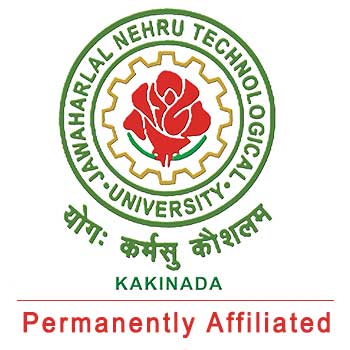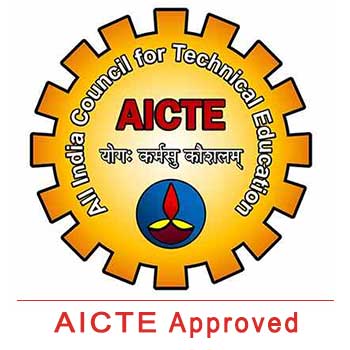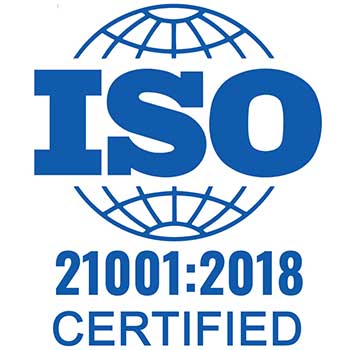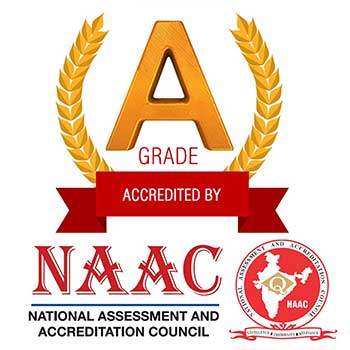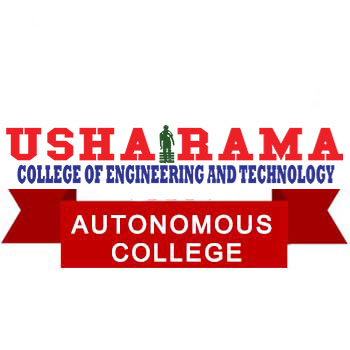Intel

1. About Foundation for Innovation and Collaborative Education
Foundation for Innovation and Collaborative Education (FICE) is a Social Enterprise that believes that last changes to society can only come from ubiquitous, high quality, market relevant educational interventions to youth around the world.
FICE was founded in 2008 and currently operates in India and the United States of America. FICE is extremely passionate about what it does: it fosters innovation, it is highly effective and it delivers quantifiable results in a cost effective manner.
Activities:
FICE works with institutions, instructors, corporations and youth around the world.
FICE is focused on three areas:
- Curriculum enhancement, with focus on experiential learning, at leading engineering colleges.
- Delivery of training programs in areas like innovation and entrepreneurship.
- Digital literacy programs are offered in rural areas to promote entrepreneurship among youth and women.
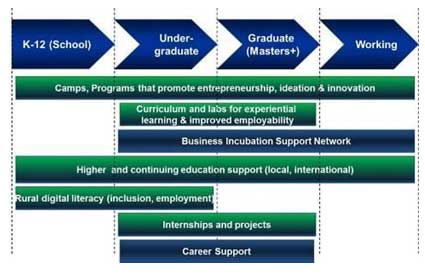
2. Intel College Excellence Program
FICE is working with Intel Technology India Private Limited to rollout the Intel College Excellence Program for engineering colleges and other institutions in India.
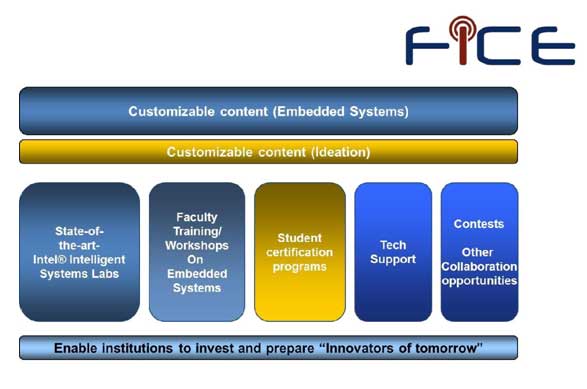
Two specific programs are delivered to end users under the Intel College Excellence Program
- This program entails establishment of Intel Intelligent Systems Labs within college premises with associated curriculum, training of the trainers, student mentoring and ongoing collaboration/support.
- Intel Ideation Camps are offered to all kinds of institutions to help make their student body more innovative and entrepreneurial. Please visit the Intel Youth Enterprise website for more information on Ideation camps.
| WORKSHOP AGENDA | ||
|---|---|---|
| S. No. | Days and Objective | Time |
| Day One: Objective: Introduction to the Galileo, and programming in Arduino environment for Galileo |
||
| 1 | Introduction to the Intel Galileo | 15 min |
| 2 | Introduction to the Arduino programming environment | 15 min |
| 3 | Programming tutorial in the Arduino environment (installingArduino etc) | 30 min |
| 4 | Introduction to Galileo Development Board and introduction to the Quark architecture | 30 min |
| 5 | Hands on session with Galileo: Executing and Running BasicPrograms on Galileo | 90 min |
| 6 | Peripheral interfacing → 4 examples | 180 min |
| 7 | Session conclusion with open discussion feedback on the workshop from participants | 60 min |
| Day Two: Student Training (FICE instructors and Faculty) Objective: Introduction to Galileo, Programming in the Arduino environment, Programming examples with 2 peripherals, Ideation |
||
| 8 | Introduction to the Galileo,Setting up the Arduino environment | 30 min |
| 9 | Programming tutorial in the Arduino environment | 30 min |
| 10 | Peripheral interfacing → 4 examples, including a web server set up | 120 min |
| 11 | Project discussions to be initiated by FICE; interactive session: 6 project problems to be presented by FICE |
60 min |
| 12 | Project planning and finalization by students | 60 min |
| 13 | Student Team brainstorming | 120 min |
| 14 | Detailed project presentation to Faculty and FICE by students → software and hardware planning to be included and finalized |
30 min |
| Day Three: Objective: Student Project Planning Day |
||
| 15 | Start of student projects | 360 min |
| 16 | Individual team presentations on progress | 60 min |
| Day Four: Objective: Student Project Demonstration Day |
||
| 17 | Testing and demonstration of individual hardware OR software modules → review by FICE and Faculty | 360 min |
| 18 | Final prototype demonstration and presentation | 60 min |

